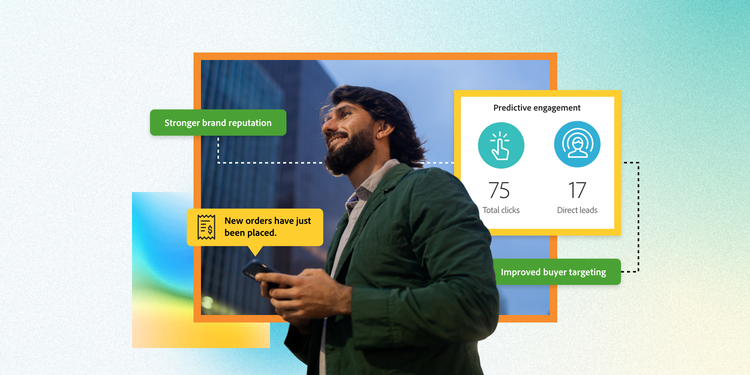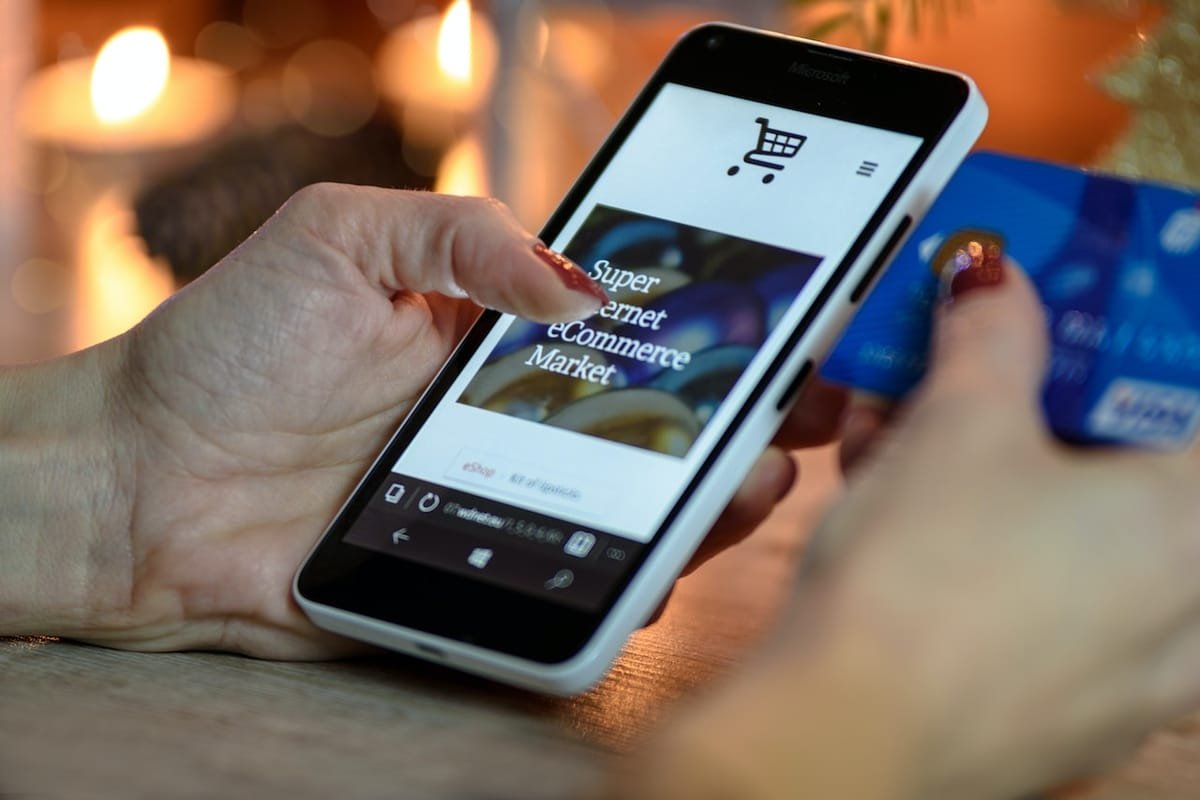In today’s digital landscape, where consumers are inundated with information and choices, personalization has become a cornerstone of effective marketing. Gone are the days of generic messages and one-size-fits-all campaigns. Modern consumers expect brands to understand their needs and preferences and to deliver content and offers tailored to them. Personalization not only meets these expectations but also drives customer engagement, loyalty, and business growth. This blog explores the significance of personalization in modern marketing and offers strategies to harness its power.
The Power of Personalization
1. Enhancing Customer Experience
Personalization creates a more relevant and enjoyable experience for customers. When consumers feel that a brand understands their individual needs, they are more likely to engage and develop a connection with it. Whether it’s through personalized product recommendations, tailored email campaigns, or customized website experiences, delivering content that resonates with the consumer can significantly enhance their experience.
For example, when an e-commerce site like Amazon suggests products based on past purchases and browsing history, it not only makes shopping easier but also increases the chances of a purchase.
2. Boosting Engagement and Conversion Rates
Personalized marketing strategies are more likely to capture the attention of consumers, leading to higher engagement rates. When customers receive content that aligns with their interests, they are more likely to interact with it, whether it’s clicking on an email, visiting a website, or making a purchase.
For instance, personalized email subject lines have been shown to increase open rates, and targeted offers based on previous shopping behavior can lead to higher conversion rates.

3. Building Customer Loyalty
Personalization fosters a sense of loyalty by making customers feel valued. When a brand consistently delivers relevant content and offers, customers are more likely to return and make repeat purchases. Moreover, they are more likely to recommend the brand to others, further expanding its reach.
Loyalty programs that offer personalized rewards, such as Starbucks’ app that suggests products based on past purchases, are a prime example of how personalization can strengthen customer relationships.
Implementing Personalization in Your Marketing Strategy
1. Leverage Data for Insights
Data is the foundation of personalization. By analyzing customer data, such as demographics, purchase history, and online behavior, you can gain insights into what your customers want and need. Use this data to segment your audience and create tailored content for each segment.
2. Utilize Marketing Automation
Marketing automation tools can help you implement personalization at scale. These platforms allow you to create and deliver personalized messages across various channels, from email to social media, ensuring that your marketing efforts are cohesive and consistent.
3. Personalize Across All Channels
To maximize the impact of personalization, ensure that your efforts are consistent across all channels. Whether a customer is interacting with your brand via email, social media, or your website, the experience should be seamless and tailored to their preferences.
4. Test and Optimize
Personalization is not a one-time effort; it requires continuous testing and optimization. Use A/B testing to determine what types of personalized content resonate most with your audience, and refine your strategies based on the results.
Overcoming Challenges in Personalization
1. Privacy Concerns
One of the biggest challenges in personalization is balancing it with customer privacy. Consumers are increasingly concerned about how their data is collected and used. To address this, be transparent about your data practices and give customers control over their data. Ensure that your personalization efforts comply with regulations such as GDPR and CCPA.
2. Avoiding Over-Personalization
While personalization is powerful, overdoing it can backfire. If customers feel that a brand knows too much about them, it can lead to discomfort and even distrust. Strike a balance by personalizing content and offers in a way that feels helpful rather than intrusive.
The Future of Personalization
As technology continues to advance, the potential for personalization in marketing will only grow. Artificial intelligence (AI) and machine learning (ML) are already enabling more sophisticated personalization strategies, such as real-time content recommendations and predictive analytics.
In the future, we can expect to see even more dynamic and immersive personalized experiences, such as those enabled by augmented reality (AR) and virtual reality (VR). However, the key to successful personalization will always be to keep the customer’s needs and preferences at the forefront of your strategy.
Conclusion
Personalization is no longer just a trend in marketing—it’s a necessity. In a world where consumers expect relevant and tailored experiences, brands that fail to personalize their marketing efforts risk being left behind. By leveraging data, utilizing marketing automation, and continuously optimizing your strategies, you can create personalized experiences that resonate with your audience, drive engagement, and foster loyalty.
Ready to take your marketing to the next level with personalization? Start by understanding your audience, segmenting your data, and delivering content that speaks directly to your customers’ needs and interests. The future of marketing is personalized—don’t miss out on the opportunity to connect with your customers in a meaningful way.




